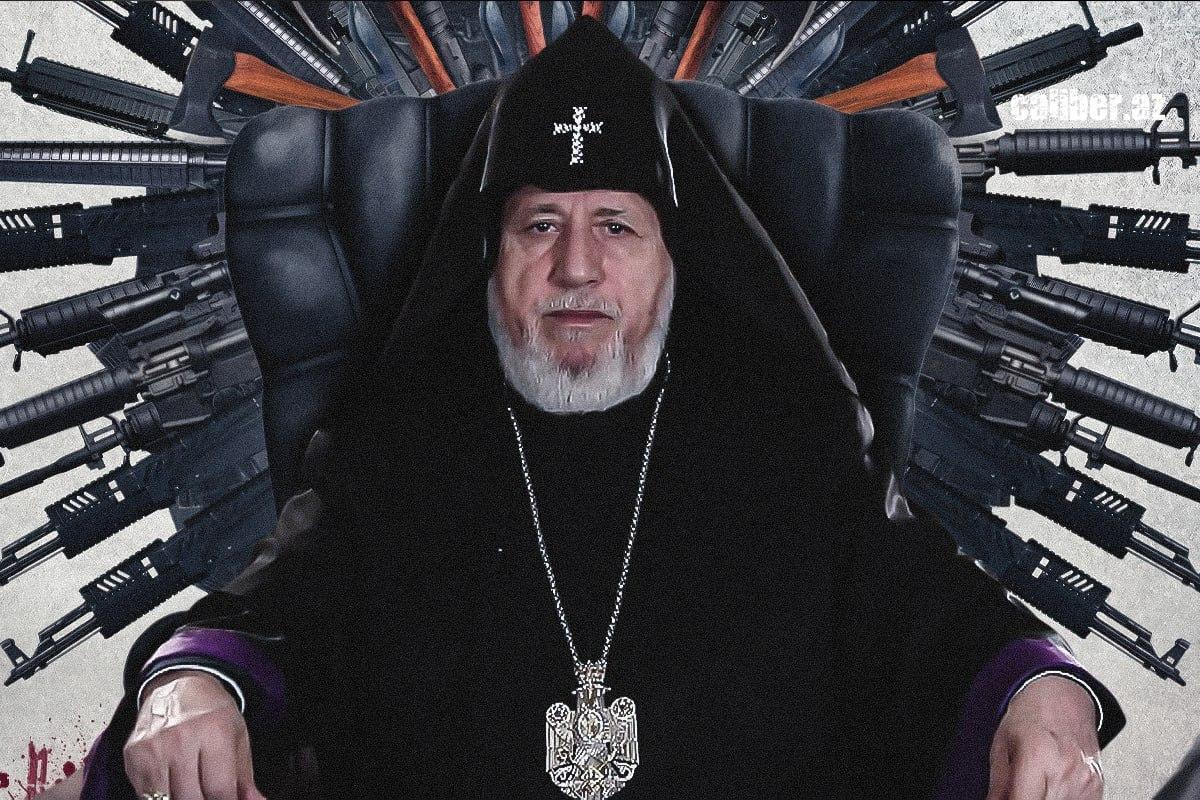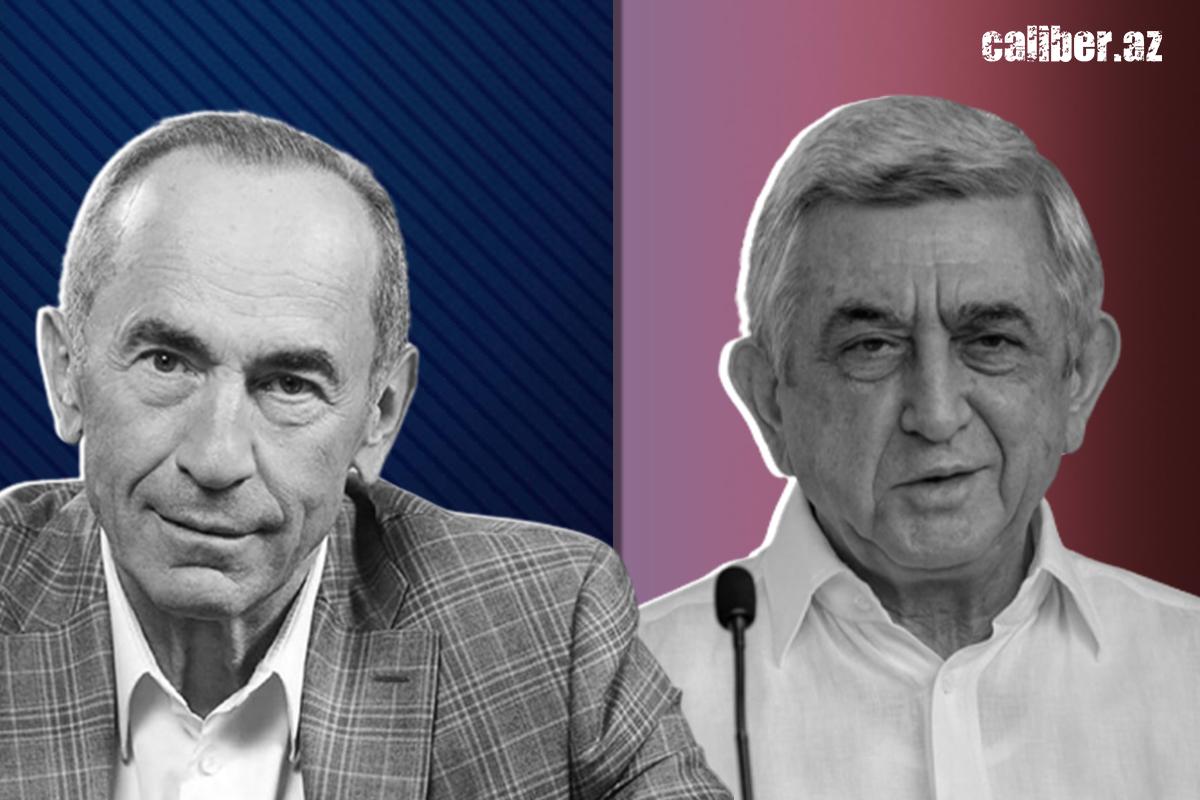Self-serving interests Sargsyan and co. seek salvation from the Church
In Armenia, the leaders of the Karabakh clan continue their attempts to fan the flames of revanchism, using the sharp confrontation between the current Armenian leadership and the Church as a tool to achieve this nefarious goal.
Recently, former Armenian President Serzh Sargsyan appeared once again on the domestic political scene with this “mission.” In a conversation with journalists, he took a stand in defence of the reactionary clergy and, in his usual style, launched a barrage of criticism against the Pashinyan government, including offensive remarks.
“A campaign against the Church can only be initiated by a person suffering from mental disorders, or someone completely consumed by evil, or carrying out the orders of an enemy. The representatives of this regime hold nothing sacred, know nothing of morality, and have no dignity. As for His Holiness the Patriarch, I am confident that he is unwavering and will fulfil his national and ecclesiastical duties under any circumstances. History shows that persecution only strengthens the Church,” Sargsyan grandly proclaimed, assuring the clergy that he supports “the Church and His Holiness under all circumstances.”
“As soon as His Holiness the Patriarch gives the word, we are ready to stand in any church, anywhere in the Republic of Armenia,” he continued, in effect calling on Armenian society to participate in new protests.

In this context, it is worth recalling that in one of his recent interviews, Sargsyan stated that the “Karabakh issue” remains unresolved, “its page is not closed,” which can easily be interpreted as an open call for a new war with Azerbaijan.
Thus, the leaders of the Karabakh clan continue to indulge in dreams of revenge and a change of power in Armenia, even though the recent protest actions by the opposition–Church coalition ended in complete failure. The opponents of Nikol Pashinyan’s policies have never managed to mobilise a critical mass of people in the streets of Yerevan or other cities in the country.
However, this seems to matter little to Serzh Sargsyan and his ally Robert Kocharyan, both desperately grasping for power with whatever meagre influence they have. Moreover, not long ago, the former Armenian president even expressed willingness to support the candidacy of the second president for the position of prime minister, and he would have no objections if Kocharyan were to return to power.

It is therefore beyond doubt that the political “attacks” by the former leaders of the Karabakh clan on Pashinyan pursue a single main goal – to return to power, after which they would annul the entire process of establishing peace in the region. In this, they place high hopes on the Church, which they see as a key instrument in this supposedly “noble” endeavour.
At the same time, neither Sargsyan nor Kocharyan forgets their own self-serving interests, as their positions are, to put it mildly, very precarious. Both are currently facing criminal charges related to corruption. Earlier this year, court proceedings were initiated against Serzh Sargsyan on bribery charges amounting to around $3 million, in which Robert Kocharyan’s name also appeared.
Notably, during a government session in June, Pashinyan publicly stated that Robert Kocharyan, Armenia’s second president, is a bribe-taker — a fact later confirmed by a court ruling.
“This is confirmed by a court ruling. He (Robert Kocharyan) approached the court requesting the bribery case be dismissed due to the statute of limitations. By doing so, he admitted that he is a bribe-taker… It is officially recorded in the Armenian judicial system that a person who held the office of President of the Republic of Armenia is a bribe-taker. From now on, whenever I mention Kocharyan’s name in my speeches, I will say – Robert Kocharyan, the bribe-taker,” the Prime Minister declared.
Thus, the following conclusion is evident: the Karabakh clan is pursuing three goals – seeking revenge, changing the government in Armenia, and evading punishment by hiding behind the Church to avoid possible arrests.
In light of this, it can be stated with confidence that the confrontation between the Karabakh clan and the current authorities has moved from a “cold war” stage to an open and intense conflict, the intensity of which is only likely to increase. At the same time, the Armenian leadership has already begun taking radical measures against representatives of the reactionary clergy, including arrests. It is not unlikely that a similar fate awaits the “Catholicoi of the Karabakh clan” – Serzh Sargsyan and Robert Kocharyan.








